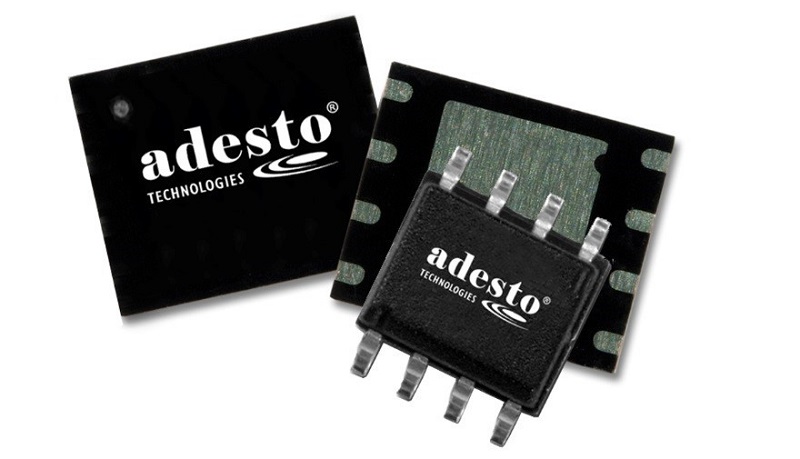Technology advances and does not stop, we have every day new advances in miniaturization, new components with more power and more efficient, but there is still a topic that stops all this, we refer to power consumption, batteries and autonomy, something that makes us depend on that need to be charging our devices at all times.
The devices shrink and whenever new categories such as the case of wearables and devices that arise for the Internet of Things, these require new solutions that offer good autonomy arise because their nature is not like that of the mobile, who need daily loads, as these devices transmit less information and therefore now has created a memory module that provides an ultra low power consumption, which could revolutionize the way we use these devices.

Image Source: Google Image
Moneta: RRAM ultra-low power consumption
A few days ago, the company based in California, Adesto Technologies showed a new member to its family of memories, is called Moneta and is the first memory RRAM (Resistive memory random-access) aimed at small devices that do not use much transmission of information, as the case of some quantifiers or devices that record biometric data, as well as those dedicated to activate items in homes or intelligent buildings.
The development of memories RRAM is not new, many companies have been working for several years in the development of these modules, which today only offer capabilities Kb, but many manufacturers are convinced that they will achieve replace memory NAND Flash in the not too distant future.
What he is now doing Adesto is exploiting a niche little known in this technology, which is the so – called Electrically Erasable Programmable Read-Only Memory (EEPROM), which allows read and write information specified with a very low power consumption, enabling create devices with specific tasks equally.
You may also like to read another article on Lab-Soft: Moore’s Law was not dead, was on a spree
According to Adesto, Moneta consumes only one – twentieth of energy than its closest competitor, and here the company puts us such a device that records biometric data at a rate of 128 bytes per minute, which is equipped with a RRAM module 256 Kilobytes and button cell 10 milliamps. If the device has a module of competence, autonomy would be approximately 4.5 months, but for the new module Adesto autonomy would be just over 25 years.
This new family of memories RRAM operates at very low voltages and does not require independent modules load, is available in capacities of 32, 64, 128 and 256 Kb, the problem is that if any company wants to use any of these modules must make adjustments the chip designs, which are mostly configured to support Flash memories.


